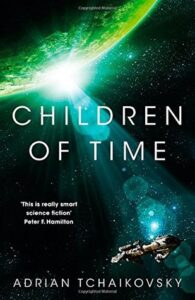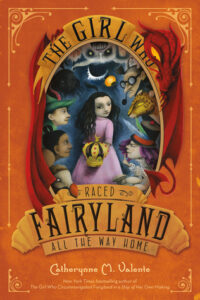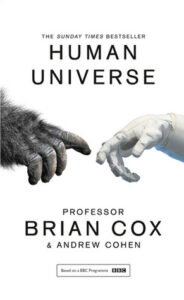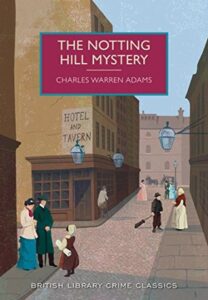 Children of Time, Adrian Tchaikovsky
Children of Time, Adrian Tchaikovsky
As an idea, this is a really fascinating novel. There’s the fall of human civilisation, a not-quite-a-generation-ship ark of humanity trying to find old terraformed worlds after humanity began to rebuild itself, there’s genetic experiments, there’s a whole novel society in the form of uplifted arachnids… For me, it was more of a novel of ideas than one in which I got to care about any particular character — especially since the spider characters may have shared names, but weren’t the same people or even roles across generations. There was some pathos in the relationship between the main crew member we follow and Lain, but… Mostly it wasn’t about individuals.
As a biologist, I’m not sure I agree with how Tchaikovsky has set up the uplift story. He uses a nanovirus, which… I guess is basically magic handwaving, because an actual virus wouldn’t be able to do nearly what he suggests. The ‘message’ of the virus would be scrambled within a couple of generations, if not immediately, and a virus couldn’t work intelligently toward a particular goal — especially not with multiple different species. It sounds like hard science because the explanation is there and holds up if you don’t have detailed knowledge of viruses, but it isn’t really hard science because once you’re talking about a “nanovirus” that isn’t really a virus (which it manifestly can’t be) then you’re just magically handwaving. We can’t do accurate gene editing yet at all, even with CRISPR/cas9, let alone with a viral vector, so he’s extrapolating way too far from the data for it to be hard science (which is how the person who recommended me this sold it, as an antidote to wishy-washy socially based science).
Obviously, that’s all a bit of a personal peeve since I love CRISPR and understanding diseases: most people wouldn’t want to argue so much with it, I think! After all, it’s really just there to explain how the uplift happens — and one key event at the end. As far as I’m concerned, hard science should be much more closely beholden to known facts and existing technology, or it’s just magic. (Any sufficiently advanced technology appears to be magic…)
That aside, I did enjoy the book as an exploration of uplift, as an exploration of the uplift of an Earth species very different to us, and as an exploration of the clash between that species and what’s left of the human race. The AI and her struggle to understand herself and what happened is also well done: her loneliness and obsession is well depicted, even if you can’t really like her as a character. I’m not sure how to feel about the ending, how the spiders resolved things, but all in all… definitely worth chewing on and thinking about some more.
Rating: 4/5
 The Henchmen of Zenda, K.J. Charles
The Henchmen of Zenda, K.J. Charles


















